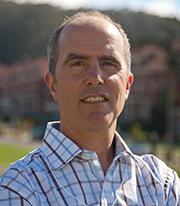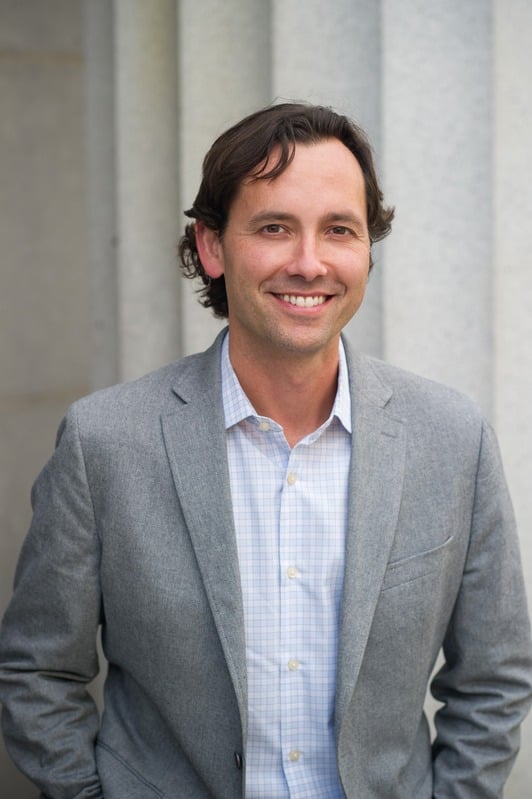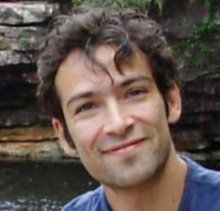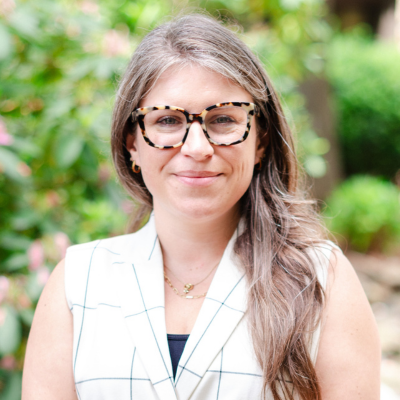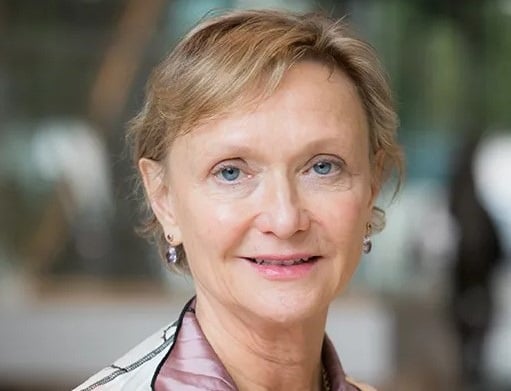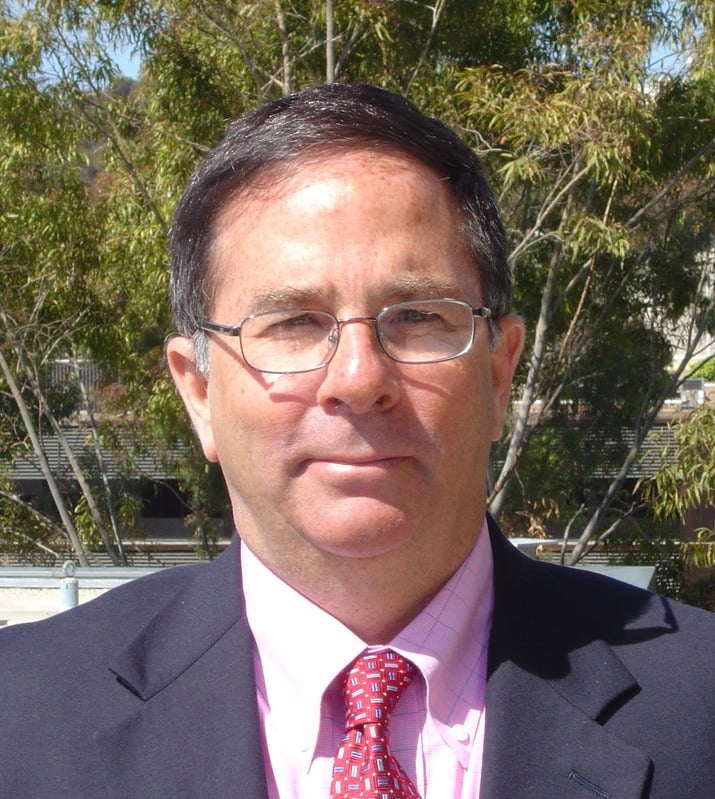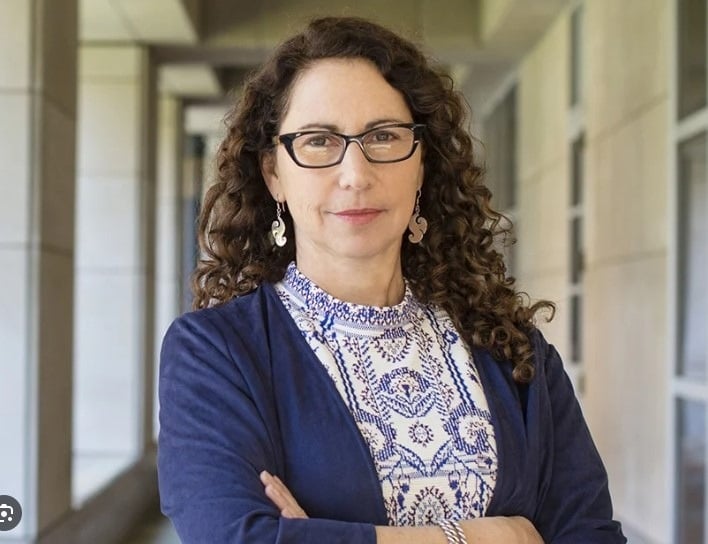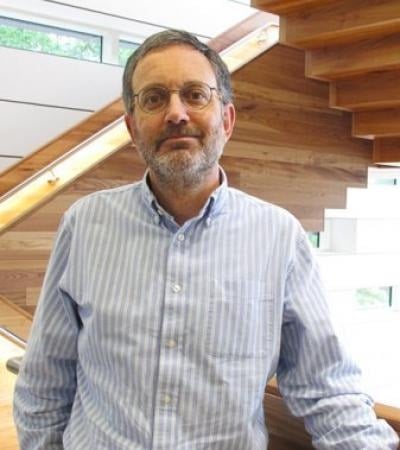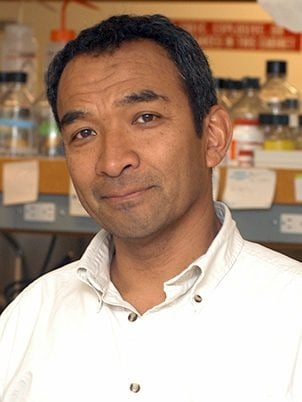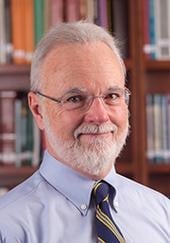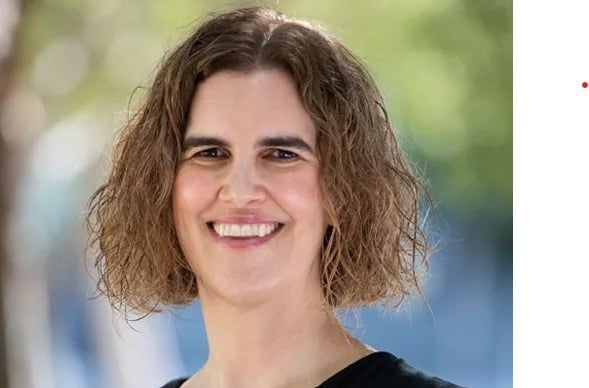UC International Training Council (UCITC) is comprised of the principal investigators and program managers that lead global health training programs funded by the National Institute of Health Fogarty International Center focused on training the next generation of scientists from low- and middle-income countries (LMICs). The UC system is fortunate to co-lead many of these programs with our partners around the world.
The goal of the UCITC is twofold:
- Develop synergies across the programs to strengthen implementation, evaluation, cohesion among trainees, and research and other training experiences
- Support UC faculty and their collaborators from LMIC institutions to successfully apply for innovative training grants.
Interested faculty and staff should contact Dr. Craig Cohen (Craig.Cohen@ucsf.edu) to learn more about joining UCITC.
D43 Research Site Programs
ASIA REGION
The UCLA Department of Epidemiology and the Cambodian University of Health Sciences (UHS) propose to train a cohort of health professionals in the management and use of large, repeated-measures datasets to prepare and enable these professionals to better identify critical health trends, epidemiologic shifts and use their knowledge to inform HIV/AIDS policies and program improvements.
To establish a research and training program in Mysore, located in the southern state of Karnataka in India, focused on the study of the interaction of infectious diseases with non-communicable diseases, such as diabetes and chronic respiratory disease. This training program will support post-graduate research, training and capacity building in India to generate a new, focused set of researchers
UCLA will provide training for six master's of science trainees, as well as nine months of training in research methodology at UCLA for ten senior faculty of UPH and the AIDS Control Program. Because the country has been isolated from the rest of the world for 50+ years, there are very few researchers and public health specialists trained in advanced research methodologies who can do research to guide HIV/AIDS policy and staff the Myanmar University of Public Health.
The proposed UCLA/Fogarty Thai Ministry of Public Health program in advanced research methodology will assist the Ministry of Public Health by training public health professionals to conduct relevant HIV/AIDS research and to develop and assess evidence-based intervention strategies for control of HIV in Thailand.
AFRICA REGION
STREaM builds on an existing long-term partnership between the University of California and the University of Buea (Buea) to provide innovative training to Cameroonian post-graduate candidates with a focus on novel, cutting edge quantitative tools.
- Kenya
The SD4H Program at Maseno University, School of Public Health and Community Development (SPHCD), in collaboration with Kenyan Medical Research Institute (KEMRI), and the University of California Global Health Institute (UCGHI), will support four PhD and nine Masters students interested in an academic research career at the intersection between sustainable development (e.g. economics, agriculture, animal science, environmental science, etc.) and public health with a focus on improving HIV care, treatment and prevention outcomes.
This training program will contribute significantly to malaria research capacity building in Africa and career development of African scientists by bridging laboratory and field research experience in vector biology and malaria epidemiology, by equipping them with new technologies, by providing opportunities for them to develop valuable Africa-wide and international linkages, and empowering them to build and develop independent research capacity and projects.
This program will provide advanced clinical and epidemiological research training to Liberian early-career investigators, focusing on Ebola, acute febrile illness and malaria. Our overall goal is to develop a cadre of well-trained investigators who can become part of a sustainable, independent.
We seek to substantially strengthen institutional capacity within the Republic of Mozambique to provide advanced training in biosciences and public health by leveraging the critical mass of the Mozambican biomedical research community from the Universidade Eduardo Mondlane, the Instituto Nacional de Saude (INS) of Mozambique’s Ministry of Health and the Maputo Central Hospital to form a training faculty capable of providing graduate level training to early career biomedical scientists within Mozambique.
The UCLA and SARC core faculty and TAMT will conduct a countrywide application process to select one early career research candidate per year for a two-year postdoctoral fellowship. The UCLA/South African Trauma Training Research (Phodiso) Program will prepare future investigators to conduct research on trauma and injury exposure in the context of South Africa's high levels of interpersonal and community violence and intentional injuries.
A three-tiered educational approach will be tailored to trainees at various levels of their research careers: in-country short courses on clinical research methodology and protocol design will reach a large number of trainees; for a smaller number lacking skills in study design, biostatistics and data analysis we propose medium-term internships in Cape Town and San Francisco including course work and research internships; finally, for a select few, Master's and PhD training in specific research disciplines will be tailored to their needs at the UCT School of Health Sciences. This training grant will form a partnership between U.S. researchers, the two South African blood service organizations and the University of Cape Town to provide three types of clinical research training to promising young scientists.
The overarching goal of our proposed Cancer Research Training Program in Tanzania (CRTP-TZ) is to train and mentor a cadre of investigators in East Africa who are capable of conceptualizing, achieving funding for, implementing, analyzing, and publishing original research focused on cancer.
We propose to establish an interdisciplinary research training program at Makerere University College of Health Sciences (MakCHS) to strengthen behavioral and social science research (BSSR) expertise in HIV. The proposed program seeks to build capacity for BSSR, utilizing an implementation science lens to improve HIV intervention, service delivery and patient engagement throughout the HIV continua of care and prevention.
With continuation of this program, we will provide short-term, Masters-level, PhD, and postdoctoral training, all linked to mentored research projects. Our goal is to improve research capacity in Uganda to facilitate the control and eventual elimination of malaria. With maturation of our malaria research program in Uganda and an increased supply of highly qualified training applicants, we plan some changes to our program, in particular increased emphasis on higher level training. We now plan 5 training tracks: 1) short-term training outside Uganda; 2) Masters training at Makerere University; 3) advanced Masters training at UCSF; 4) sandwich PhD training at Makerere University; and 5) postdoctoral training.
The goal of the proposed training program is to augment both the number and the ability of the faculty of the College of Sciences to conduct locally relevant HIV/AIDS-related research in support of the successful implementation of HIV/TB prevention and treatment programs.

